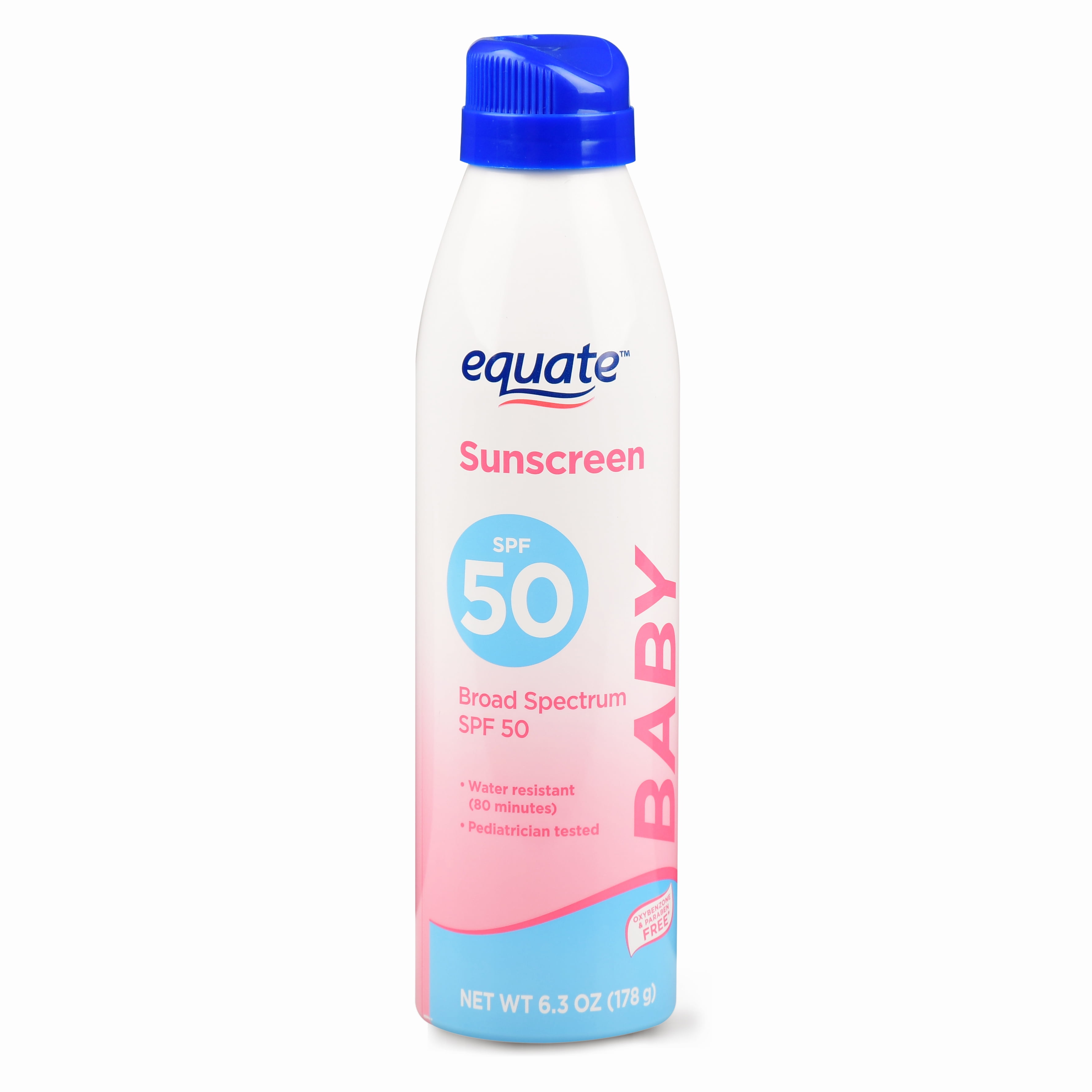
Pros: Mineral sunblocks often come in stick formats that are easy to apply and carry around. The science bit: They reflect UV rays away. Mineral sunscreenĪctive ingredients: UV-blocking minerals such as zinc oxide and titanium dioxide. They’re also more comedogenic than mineral sunblocks – in other words, they clog pores. Many are environmentally harmful, particularly to marine life. They also tend to be more moisturising.Ĭons: Chemical sunscreens need 20 minutes to soak in before you can head out.

Chemical sunscreens tend to be cheaper, thinner and more quickly absorbed, making them easier to apply to delicate infant skin.
#Best baby sunscreen reviews skin#
The science bit: The chemicals absorb into the skin then soak up UV rays and convert them into heat, which is then released from the body. Chemical sunscreenĪctive ingredients: UV (ultraviolet)-absorbing chemicals such as avobenzone, octinoxate and oxybenzone. There are two broad categories: chemical sunscreens and physical (mineral) sunblocks. Sunscreens are not an alternative to clothing and shade – they offer additional protection.” I’m worried about chemicals – what is sunscreen made from? The bottom line from the British Association of Dermatologists: “Keep babies and young children out of direct sunlight. And remember, even SPF50+ isn’t a complete sunblock. What’s more important than 30 versus 50 is that you regularly apply plenty of it. But SPF30 tends to be easier to apply and absorb than SPF50, and slightly less loaded with active ingredients. High SPF is non-negotiable for babies: it must be SPF30 or higher. READ NEXT: Best running buggies for jogging with your baby So should I simply buy the highest SPF I can find? All the products in our lineup offer broad-spectrum protection with SPF30 and higher. The star rating you see on some sunscreen bottles indicates UVA protection, of which the maximum is five.īroad spectrum = UVB and UVA protection. UVA = ultraviolet A, the type that causes ageing.

UVB = ultraviolet B, the type that causes sunburn and is protected by SPF. SPF30 = the lowest recommended for babies, but it still delivers 97% UVB protection.

SPF50+ = the highest you can get in the UK. The higher the number, the greater the protection against UVB radiation.
#Best baby sunscreen reviews how to#
How to choose the best sunscreen for your baby Can you bust all this jargon for me, please?


 0 kommentar(er)
0 kommentar(er)
